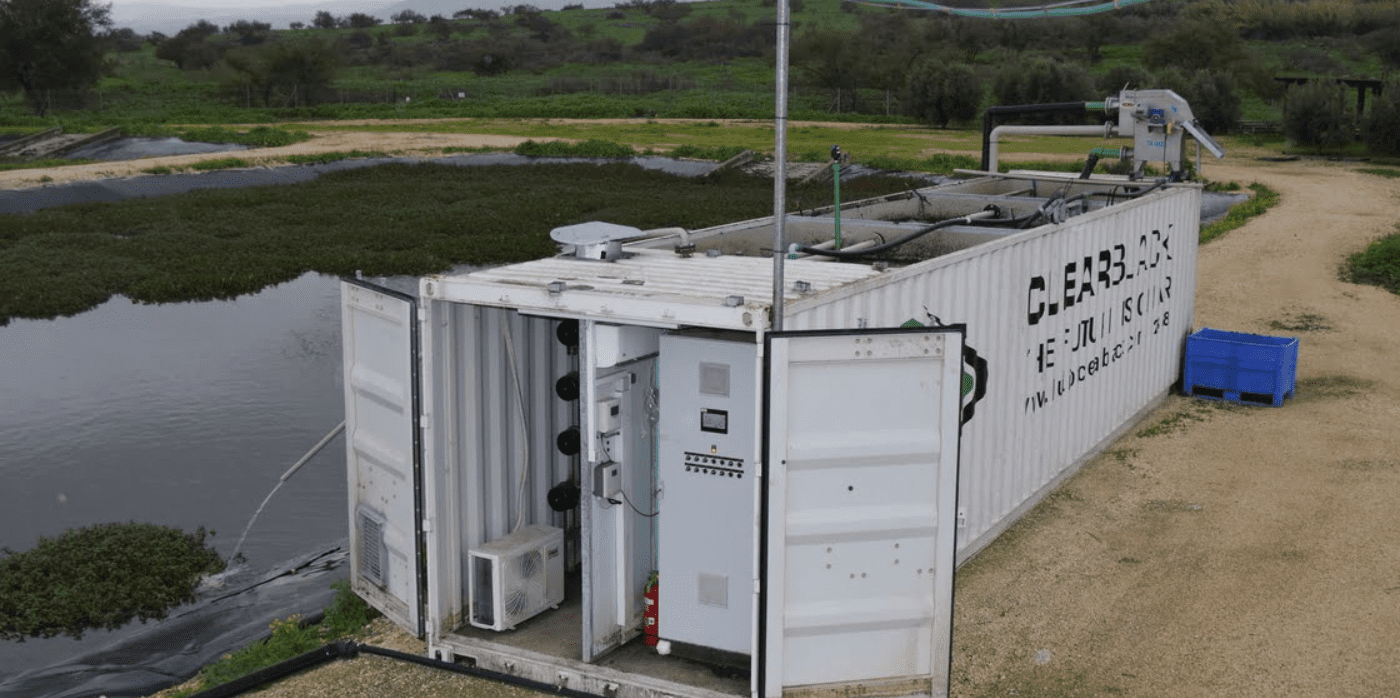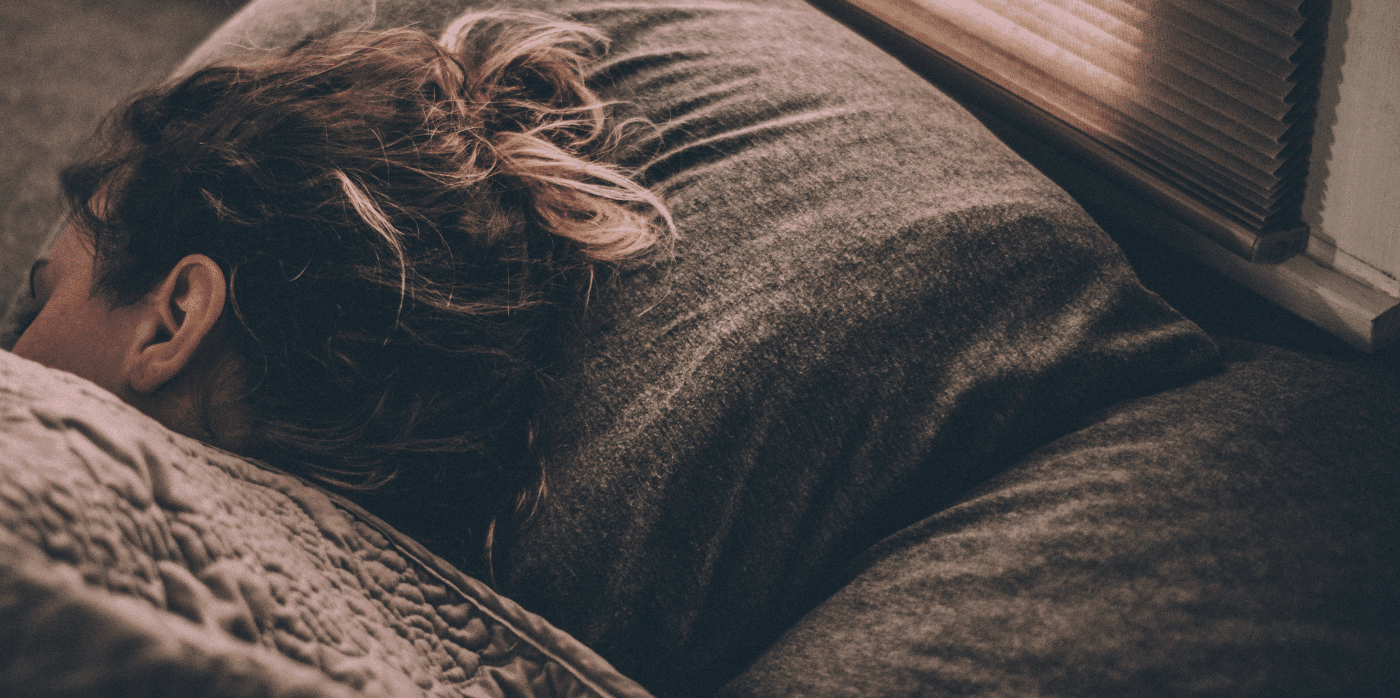Sequestered CO2 turned into carbon fibre and wastewater treatment chemicals

Spotted: Mars Materials is a California-based startup working to commercialise technology developed by the National Renewable Energy Laboratory (NREL). Using captured carbon dioxide, the process creates acrylonitrile (ACN), which is a building block for carbon fibre. Carbon fibre is used in plastics, rubbers, and chemicals, as well as in steel and aluminum production.
By reducing the need to create new chemicals, businesses using the material reduce their production emissions while putting captured carbon to extended use. Financially, the material could be a significant cost saver for companies as the Mars Materials team says that using the new method results in lower production costs than current systems.
Overall, the company plans to put at least a gigatonne (one billion tonnes) of captured carbon into everyday use. When used in carbon fibre applications and as a base material for chemical manufacturing, the sequestered emissions could soon be in products at every corner shop. Having recently closed a pre-seed round of funding that raised $660,000, the company plans to begin producing product samples to test with manufacturers. The organisation’s two founders were also announced as Breakthrough Energy Fellows, recognition that comes with support for accelerating their innovation.
Captured carbon is being used in an increasingly varied range of applications. Springwise has spotted onboard emissions being used to power ships and alternative proteins fermented with captured carbon.
Written By: Keely Khoury





